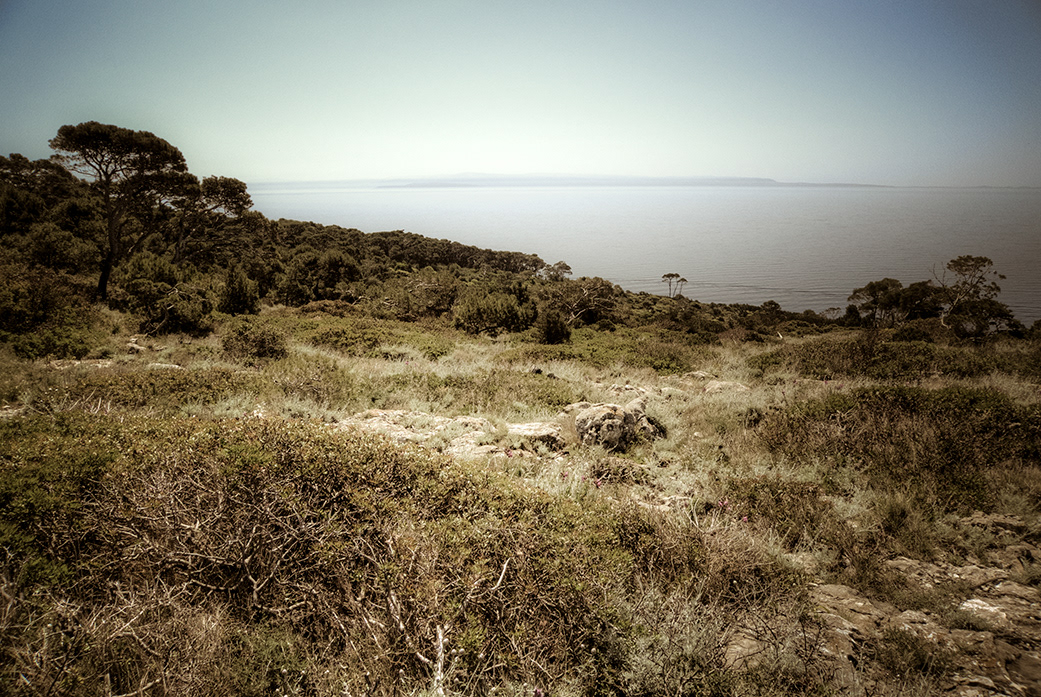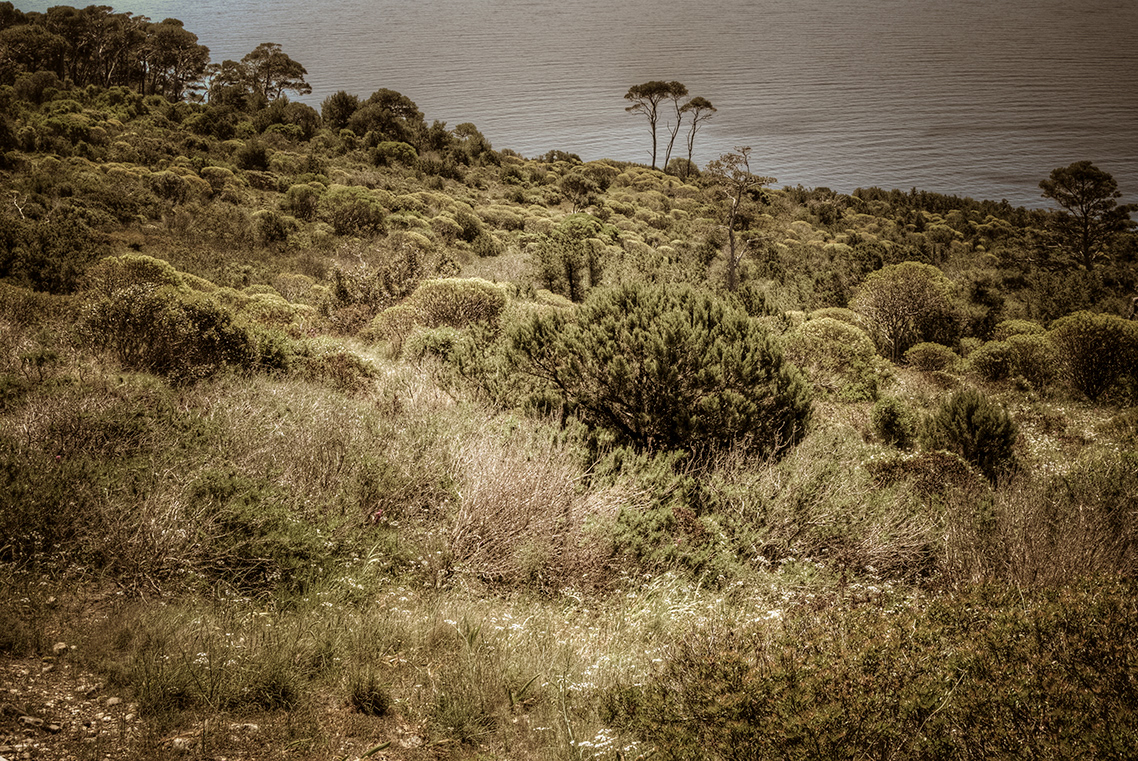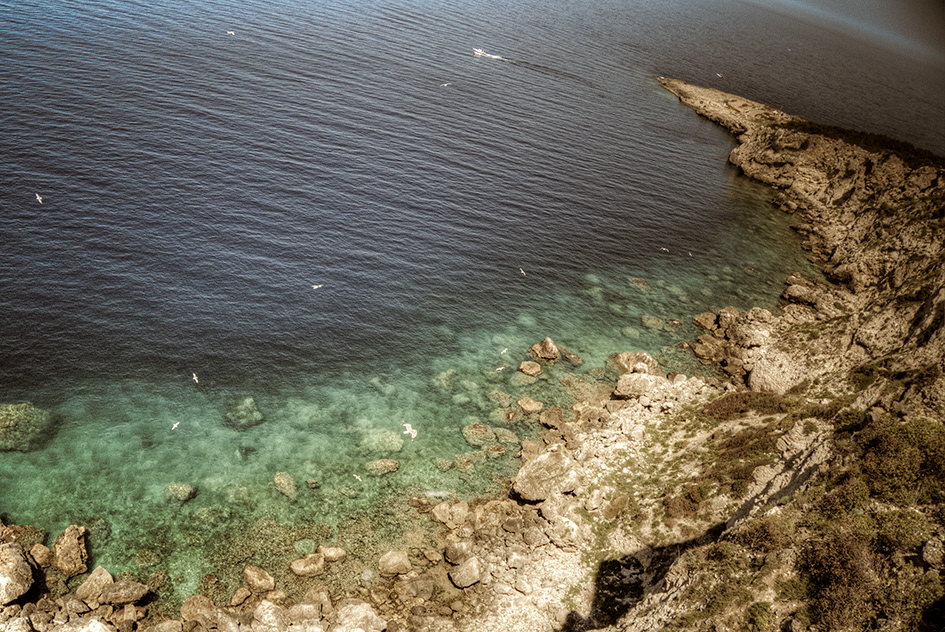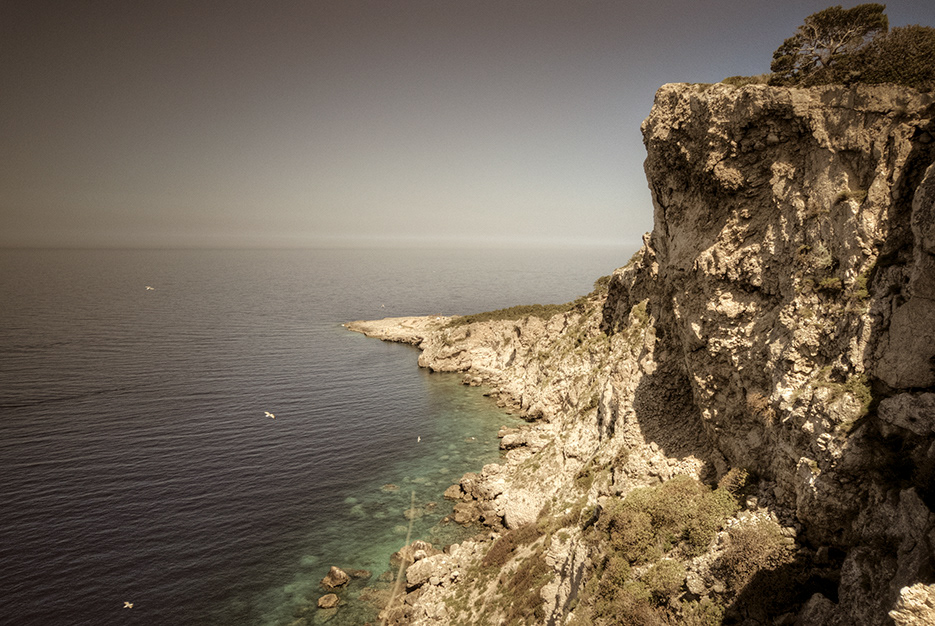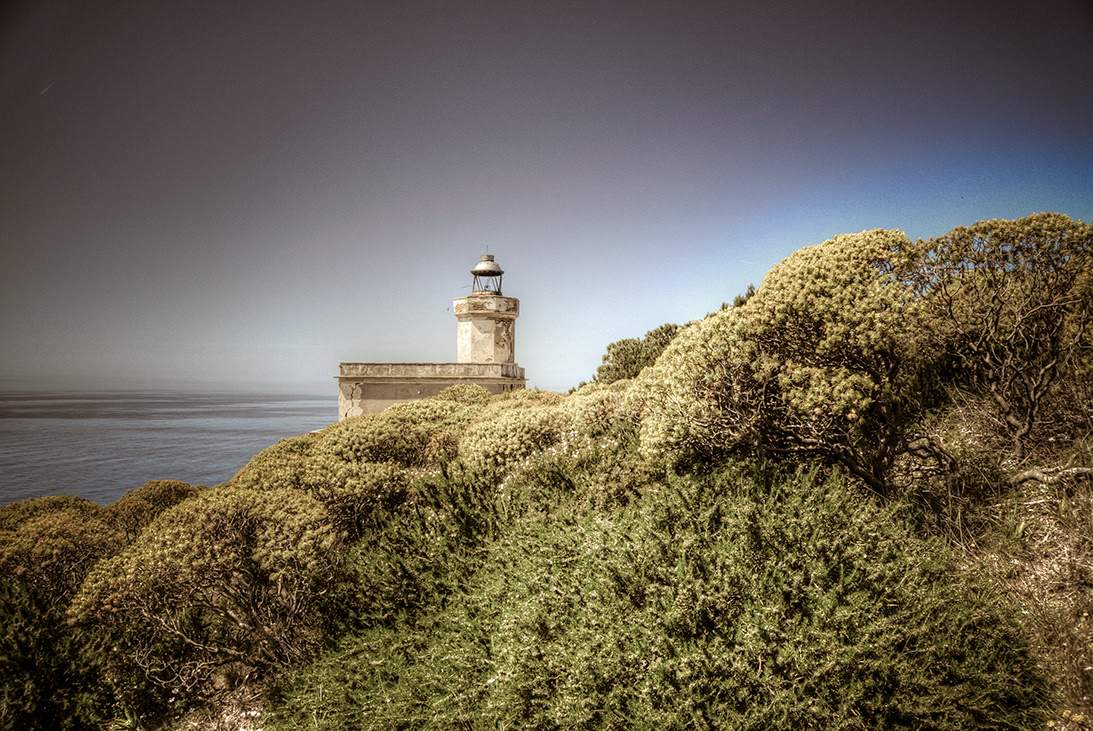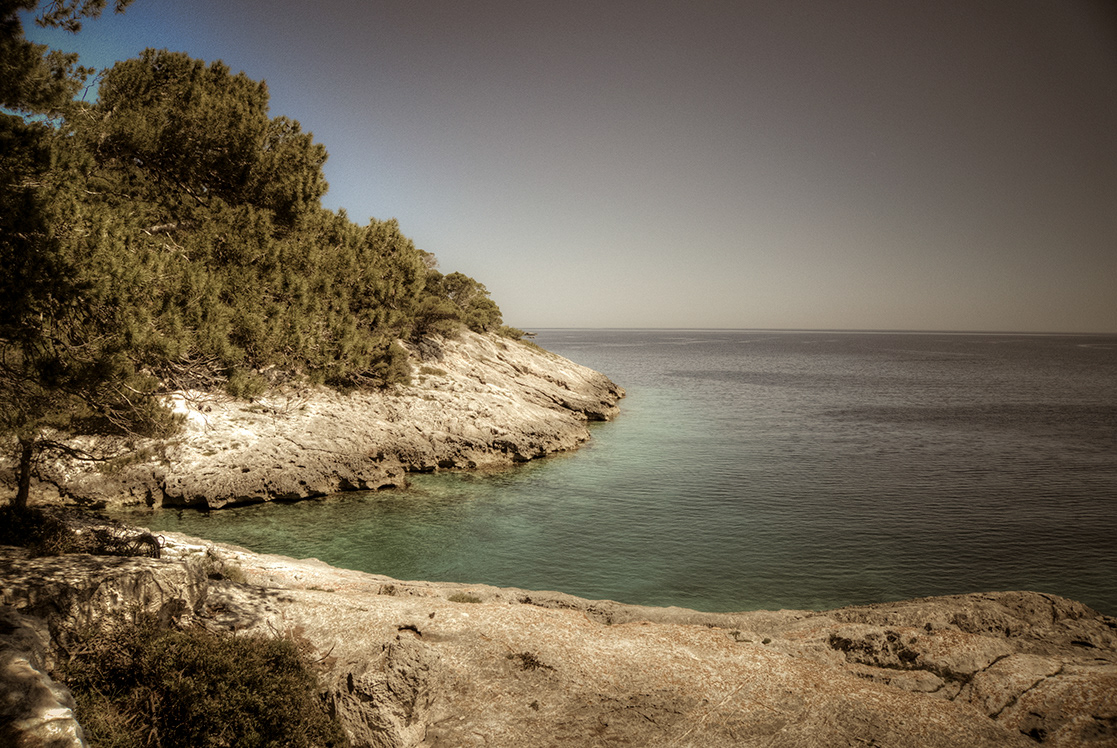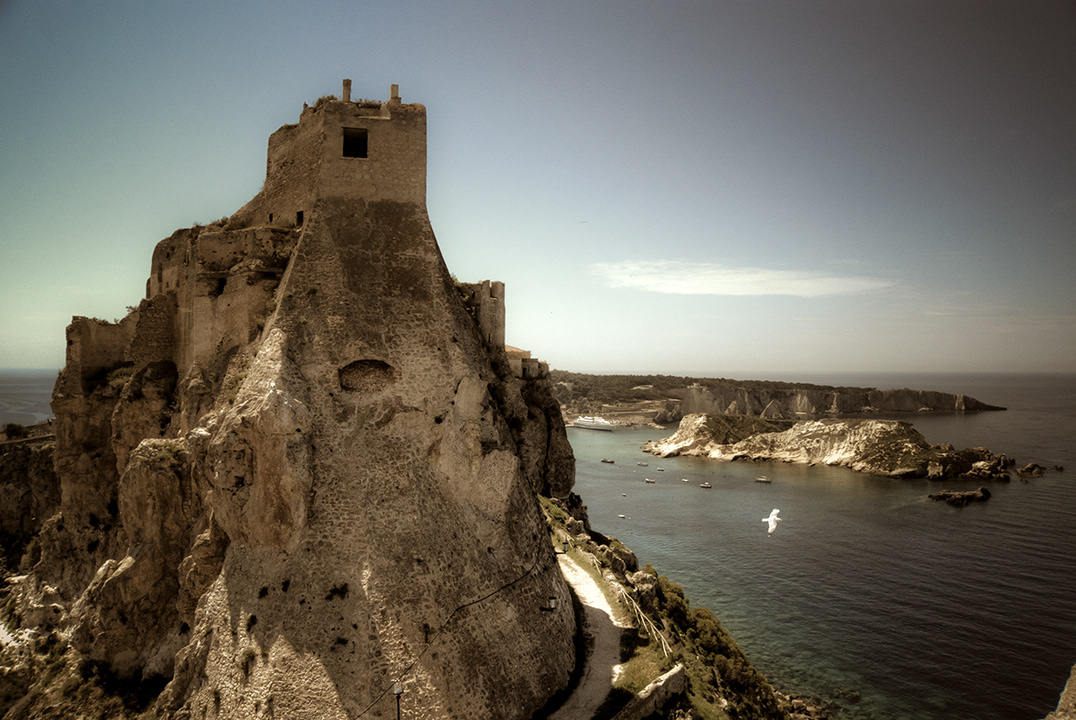TREMITI
Theislands were used for the internment of political prisoners duringBenito Mussolini's fascist regime. This was nothingnew: two millennia earlier Augustus had exiled hisgranddaughter Julia the Younger to one of these islands(then named Trimerus in Latin, maybefrom Greek Trimeros,Τρίμερος, meaning "treeplaces" or "tree islands").
Inhabitedsince late Iron Age times (4th-3rd centuries BC), the Tremiti Islandhave been a confinement place since ancient times. Romanemperor Augustus had his granddaughter Julia theYounger transferred here, where she died after twenty years. Inthe Middle Ages the archipelago was ruled by the Abbey of Santa Mariaa Mare ("Holy Mary on the Sea") at San Nicola island,apparently founded here in the 9th century by Benedictine monksfrom Montecassino. In the 13th century the abbey had gained itsautonomy from the father monastery, and owned lands fromthe Biferno to Trani in the Apulian mainland.After an alleged period of moral decadence, in 1237 the Benedictineswere replaced by the Cistercian order. In 1334 the abbeywas sacked by Dalmatian pirates from Omiš.
In1412 the Lateran Canons took the ownership, and restoredthe abbey with cisterns and fortification which withstood the assaultof Ottoman ships in 1567. The abbey was suppressed in 1783 byKing Ferdind IV of Naples, who instituted here a penalcolony. During the Napoleonic age the islands were astronghold of Joachim Murat's supporters, who resisted in thefortress to a British naval fleet in 1809. In 1843, to repopulate theislands, King Ferdinand II of Two Sicilies moved herenumerous people from Naples' slums, who mostly became fishermen.
In1911 about 1,300 Libyans that opposed colonial Italian rulewere confined to Tremiti. After one year, around one-third of thesepeople had died, mainly from typhus. During the Fascist era, thearchipelago continued to perform its function of confinement,detaining, among others, Amerigo Dumini and futurepresident of the Republic Sandro Pertini
Mussolinihad hundreds of homosexuals deported to San Domino. No law prohibitedhomosexuality at the time, and Mussolini also denied its existence,saying that, "In Italy there are only real men". However,suspected or reported homosexuals were rounded up and deported. Theconditions on the island were very difficult, and a fewdied.
sources: Mancini, Enzo (1979). IsoleTremiti, sassi di Diomede: natura, storia, arte, turismo. Milan:Mursia.
sources: Mancini, Enzo (1979). IsoleTremiti, sassi di Diomede: natura, storia, arte, turismo. Milan:Mursia.

